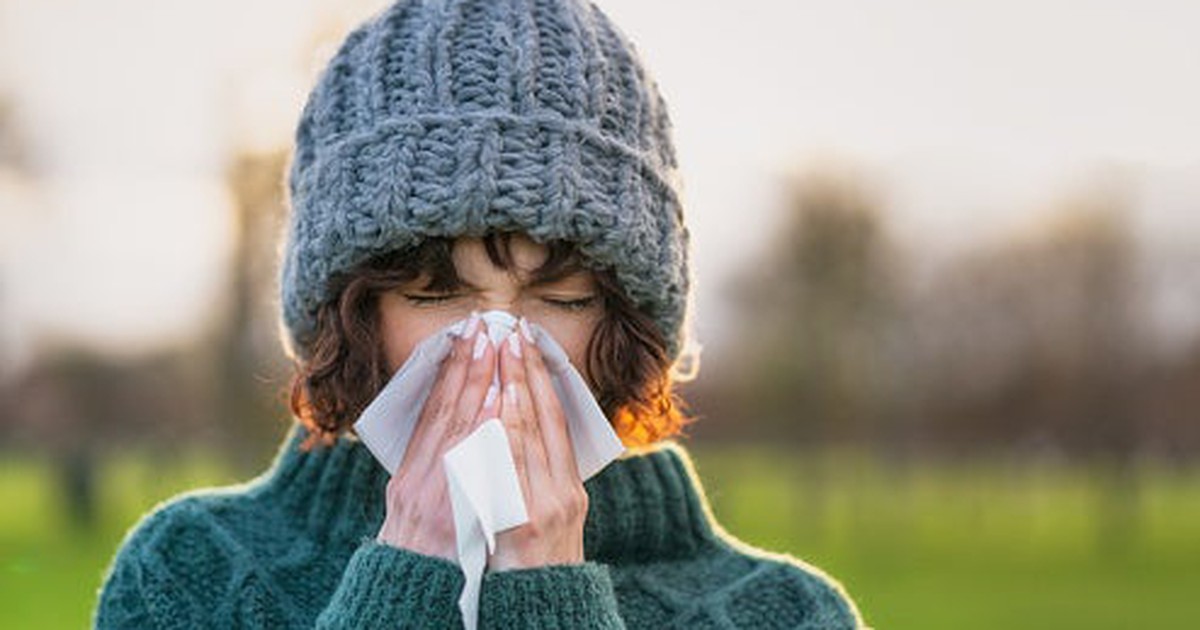COVID-19 has taken over the world. So many people have been affected by this virus that healthcare professionals have been forced to reevaluate their practices and adjust their thinking. The virus has caused panic and fear among the public, but the pandemic has also led to a change in thinking and an increase in awareness. It\’s led to the development of new protocols that have improved the way we respond to and treat the virus – as a whole. And thanks to the combined efforts and COVID testing Deltona, we somehow managed to survive the pandemic (SARS-CoV-2), and as a society, we were slowly but surely getting back to normal. But then came the news that a new strain of the virus had emerged and was spreading like wildfire. They called it \”Omicron\” – a less severe but still highly contagious strain of the virus.
Though we were not fully aware of it, the virus had secretly been mutating and changing. Now, we are in the midst of a pandemic of epic proportions, and though we have made significant progress, there is still much work to be done. And as a concerned individual, you want to do your part. You want to be prepared. You want to be safe. But how do you know if you are exposed to the virus? And what is the best time to test for COVID-19 after symptoms start? If you have these questions, you have come to the right place. In the following sections, we will discuss these topics and more to help you better understand your options and decide what\’s best for you.
Best Time to Get Tested After COVID-19 Exposure?
According to CDC (center for disease control), if you believe that you may have been exposed to COVID, it is important that you consider getting COVID testing Deltona within 5-days of exposure or the moment you start experiencing any symptoms of infection. Of course, there are multiple reasons why you might want to get tested for COVID, but for now, we will focus on testing after being infected with a pandemic strain of the virus. If you test positive and know about your status, then you will be able to take better care of yourself in order to avoid further infection and spread. You can also protect your family and friends by knowing about their status as well so they too can seek proper medical attention at an early stage.
Moreover, CDC suggests that the moment you start experiencing any symptoms of coronavirus, like fever, tiredness, headache, loss of taste or smell, among others, you should put yourself under self-quarantine to help contain a possible outbreak and protect your loved ones from potential contamination. At home, during quarantine, you must practice regular hygiene practices including good hand washing, covering coughs and sneezes with handkerchiefs; ensuring food safety; disposing off used items properly; wearing gloves when handling pets, and disinfecting surfaces that were possibly contaminated by body fluids from infected individuals, etc.
When Might COVID Symptoms First Appear
According to CDC and many established international organizations, 14-days is as long as it takes for symptoms of infection to appear. The virus is initially detected after getting transferred from an infected individual to a healthy one through direct contact or indirect spread, i.e., transfer via environmental surfaces like doorknobs, tables, etc. And though there are no definite signs that let you know whether you have been infected or not, experts suggest that during the early stages, one might experience flu-like symptoms including fever, chills/sweats, and coughing/coughing up mucus, along with other non-specific signs such as headache, muscle aches, upset stomach, etc.
But once you start showing any of these common symptoms, then, by all means, get yourself tested! You can also consider being tested for COVID testing Deltona if you exhibit any new or unusual symptoms in addition to these—for example, coughs, chest pain, sore throat; skin rashes; diarrhea, among others. At home, we advise practicing good hygiene while waiting out those two weeks, so you avoid infecting your loved ones too!
When Should You Call a Doctor?
Natural immunity varies from person to person, so the answer to when you should call a doctor after testing positive is different. Some people might show symptoms within five days, while others can take up to 2 weeks before they start feeling something wrong with their body. However, many experts suggest that whenever you experience any flu-like symptom or any new/unusual symptom, you should contact your doctor as soon as possible because it is better that way, but it also helps in getting prompt medical attention before it gets worse!
Make sure you understand the three major types of covid exams.

